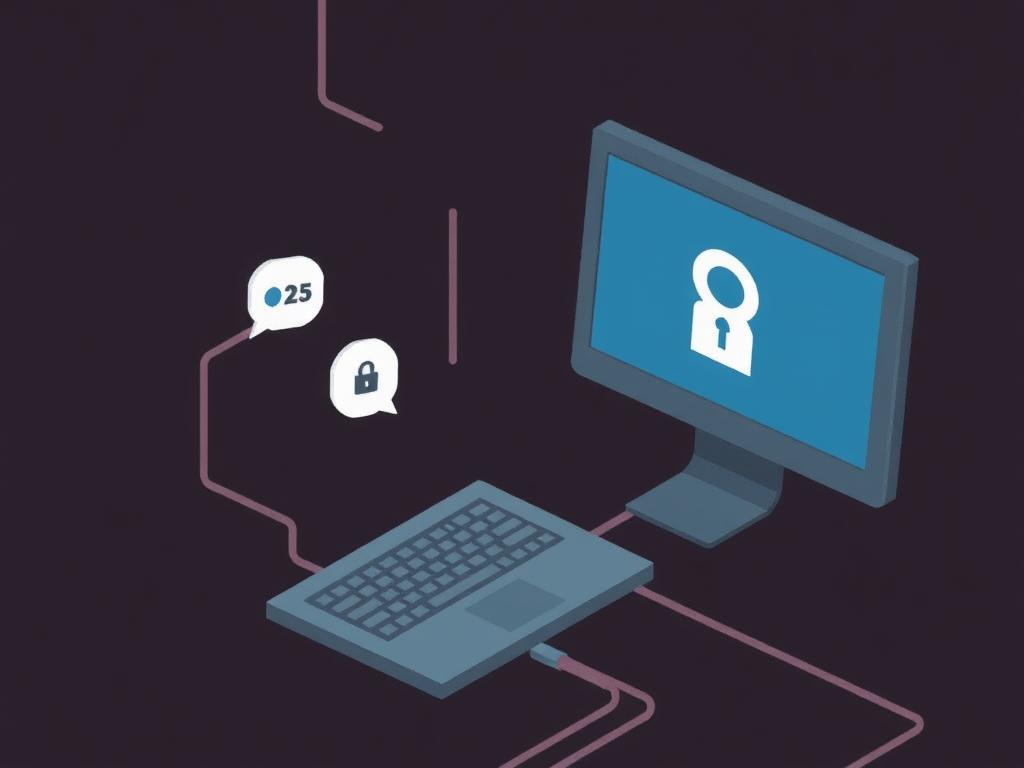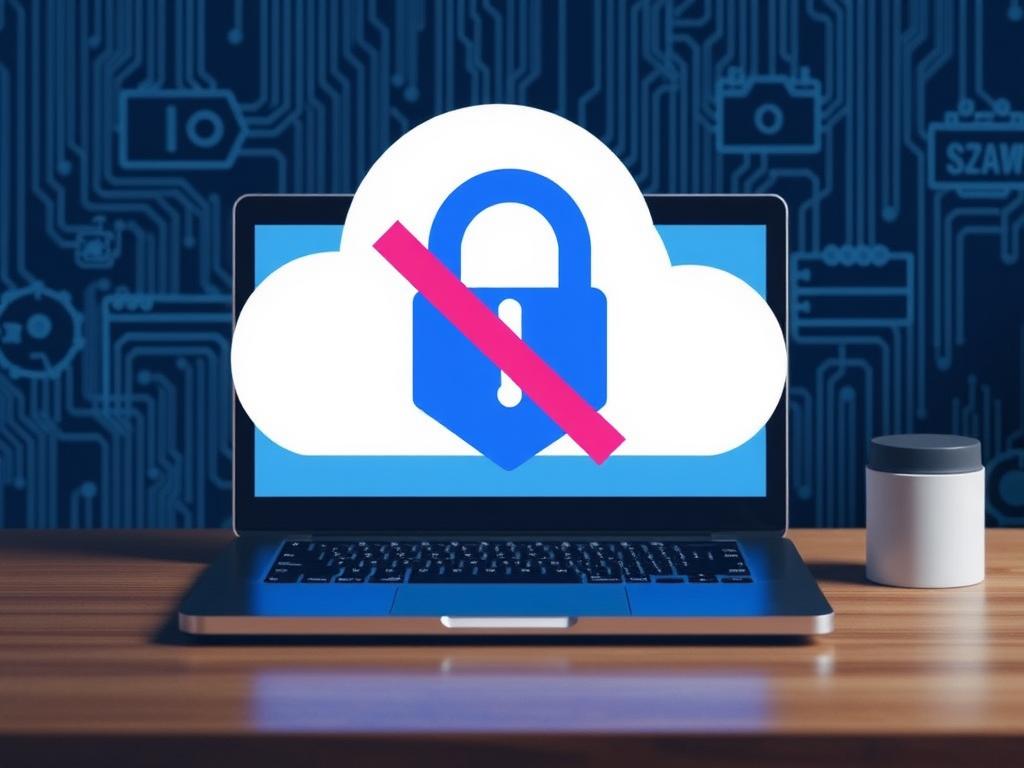Understanding DNS and Its Role in Internet Privacy
When we surf the internet, our devices constantly communicate with servers to load web pages, fetch images, stream videos, and so much more. Behind the scenes, one vital process makes all of this possible: the Domain Name System, or DNS. Think of DNS as the phonebook of the internet—it translates human-friendly domain names like www.example.com into IP addresses that computers understand. Without DNS, you’d need to remember strings of numbers instead of simple website names, which would make browsing nearly impossible.
But while DNS makes our online experience smooth, it also creates a potential privacy vulnerability. Normally, when you use a secure VPN service, your data traffic, including DNS queries, is encrypted and routed through the VPN’s servers. However, a problem known as a DNS leak can occur when those DNS requests bypass the VPN and go directly to your Internet Service Provider (ISP) or other external servers. This means your ISP can still see which websites you’re visiting despite your VPN connection, defeating the purpose of masking your online activity.
What Exactly Is a DNS Leak?
A DNS leak is an unintended exposure of DNS queries outside of the secure tunnel your VPN provider creates. Even if all your internet traffic seems encrypted and anonymous, a DNS leak reveals your browsing destinations by sending requests to DNS servers without encryption or through your ISP. This creates a clear digital footprint that can be tracked or logged, compromising your privacy and sometimes even your security.
Why does this happen? DNS leaks occur for several reasons including misconfigured VPN clients, Windows operating systems’ behavior with DNS requests, or the presence of IPv6-enabled devices. Some VPNs might also fail to handle DNS traffic properly, leading to accidental leaks.
How to Check if You Have a DNS Leak
Before we dive into how to prevent DNS leaks, it’s crucial to know whether you actually have one. Thankfully, this is easy to check. There are online tools specifically designed to detect DNS leaks. Here’s a simple step-by-step process:
- Connect to your VPN.
- Visit a DNS leak test website such as dnsleaktest.com or ipleak.net.
- Run the test and observe the results.
- The displayed DNS servers should belong to your VPN provider, not your ISP.
If your ISP’s DNS servers appear in the test, it indicates a DNS leak.
Common Causes of DNS Leaks

Understanding what causes DNS leaks helps in effectively preventing them. Here are the most common culprits:
| Cause | Description |
|---|---|
| Operating System Behavior | Some OSes, like Windows, prioritize their own DNS servers before VPN-assigned servers, leading to leaks. |
| IPv6 Traffic | Many VPNs only support IPv4, but devices still send DNS queries over IPv6, which can bypass the VPN. |
| VPN Malfunction or Misconfiguration | If the VPN software isn’t configured to route DNS traffic properly or lacks DNS leak protection, leaks occur. |
| Split Tunneling | Using split tunneling can lead to DNS traffic going outside the VPN tunnel unintentionally. |
Why DNS Leaks Matter to You
You might wonder, why should you care about DNS leaks? Aren’t VPNs enough to protect you? The reality is that many people rely on VPNs for privacy—whether to protect sensitive information, circumvent censorship, or avoid tracking by advertisers. A DNS leak can reveal every website you visit to your ISP or anyone monitoring your network, essentially undoing the privacy layer your VPN promised.
Moreover, DNS leaks can expose your geographical location or browsing habits, making it possible for authorities, hackers, or advertisers to target you. For journalists, activists, or anyone in a restricted country, this could lead to serious consequences.
Practical Steps to Prevent DNS Leaks
Now that we understand DNS leaks and why they’re problematic, let’s explore how to avoid them effectively. Here are proven steps to keep your DNS queries private:
1. Use a VPN with Built-in DNS Leak Protection
Not all VPNs are created equal. The best VPN providers include DNS leak protection features as part of their service. This means your VPN software forces all DNS requests through their secure servers, blocking any attempt to send them outside the tunnel.
2. Manually Change Your DNS Settings

You can configure your network settings to use trusted public DNS servers, such as Google DNS (8.8.8.8 and 8.8.4.4) or Cloudflare DNS (1.1.1.1). However, be cautious—if your DNS queries still go outside the VPN, it might expose you to leaks. Always combine this method with VPN leak protection.
3. Disable IPv6 on Your Device
Since many VPNs do not support IPv6 fully, disabling IPv6 on your device can prevent DNS queries from going outside the VPN. This step varies depending on your operating system but can greatly reduce leak risk.
4. Avoid Split Tunneling Unless Necessary
Split tunneling directs some applications to access the internet outside the VPN tunnel. While useful in some cases, it can lead to DNS leaks if not configured properly. Only use it when you truly understand how it affects DNS traffic.
5. Regularly Test for DNS Leaks
Make checking for DNS leaks a routine practice, especially if you switch VPN providers or frequently update your software. Testing helps catch any new leaks and maintain your privacy over time.
Advanced Tips for Tech-Savvy Users

For those who want to take an extra step in securing their DNS requests, there are several advanced methods:
- Use Encrypted DNS Services (DoH or DoT): DNS over HTTPS (DoH) and DNS over TLS (DoT) encrypt DNS traffic independently from your VPN, adding another layer of privacy.
- Configure Your Own DNS Server: Running a personal DNS server ensures that your queries don’t pass through third-party servers.
- Firewall Rules: Set up firewall or router rules to block DNS requests going outside the VPN tunnel.
These techniques require more technical know-how but are effective for users highly concerned with privacy.
Summary Table: DNS Leak Prevention Checklist
| Prevention Method | Effectiveness | Ease of Use |
|---|---|---|
| VPN with DNS Leak Protection | High | Easy |
| Manually Change DNS Settings | Medium | Medium |
| Disable IPv6 | High if combined with VPN | Medium |
| Avoid Split Tunneling | High | Easy to Medium |
| Use Encrypted DNS (DoH/DoT) | High | Advanced |
| Firewall Rules | High | Advanced |
Conclusion
DNS leaks are a hidden threat to your online privacy that can undermine the protective shield a VPN is supposed to provide. By understanding what DNS leaks are, recognizing their causes, and taking steps to prevent them, you can secure your internet browsing and keep your activities truly private. Whether you choose a VPN with built-in DNS leak protection, disable IPv6, or use encrypted DNS services, being proactive is essential. Regularly checking for DNS leaks is just as important as using a VPN itself. Remember, privacy online doesn’t happen by chance—it demands attention and the right tools. Protect your DNS, and you’re one step closer to a safer internet experience.
